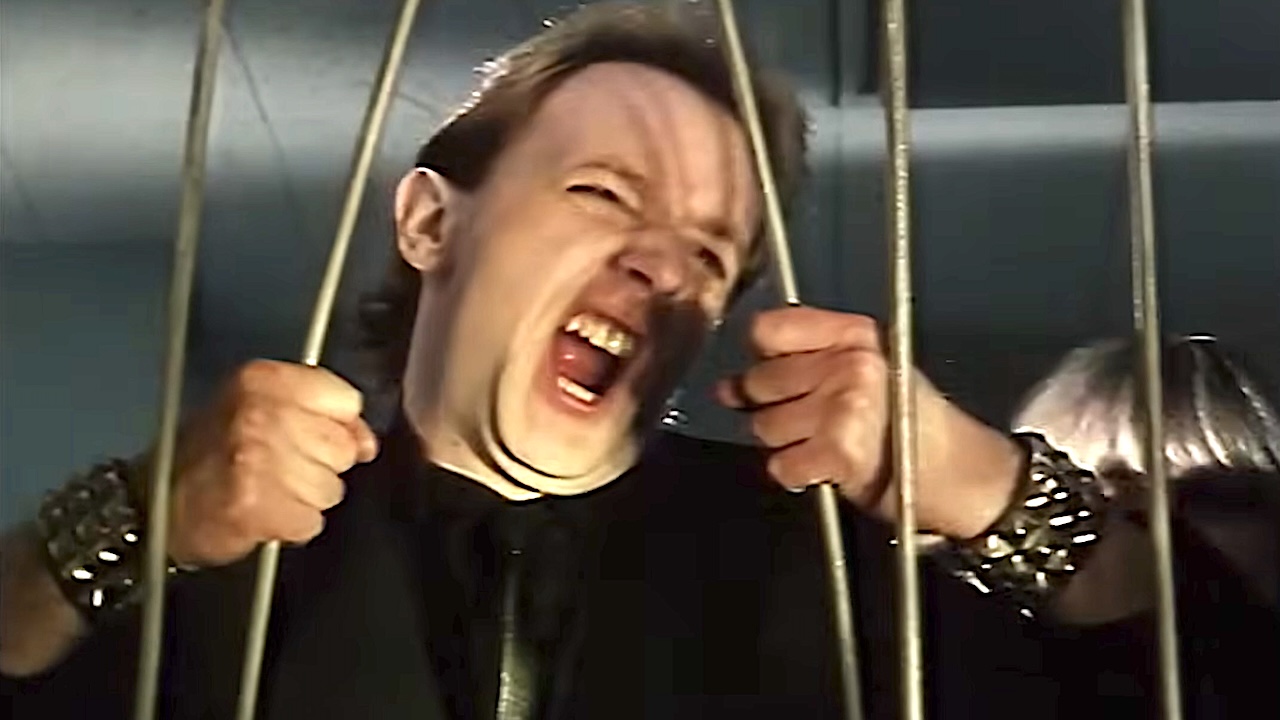You can trust Louder

1. Wired For Madness - Part 1
2. Wired For Madness - Part 2
3. Off The Ground
4. Drop Twist
5. Perpetual Shine
6. Just Can't Win
7. Just For Today
8. Why I Dream
Here’s a word of warning: anyone expecting a straightforward, Dream Theater style experience from this, the latest Jordan Rudess extravaganza, is in for a shock.
This album is the keyboard player opening up his creative pores and letting the artistry take flight. And it’s brilliantly crazed.
Rudess shows his passion for all sorts of genres here, and is never afraid to take risks. For example, can you believe he indulges in a dirty blues fantasy, on Just Can’t Win? And not only has Rudess pulled in Joe Bonamassa for this one, it even includes a brass section!
Elsewhere he taps into 70s-era Italian horror film soundtracks on Wired For Sound – Part 1, and throughout shows a dexterity and delight in performing multiple keyboard heroics.
Yes, this is somewhat self-indulgent, but with guests such as John Petrucci, James Labrie and Vinnie Moore he has fashioned something outstanding
Sign up below to get the latest from Classic Rock, plus exclusive special offers, direct to your inbox!
Malcolm Dome had an illustrious and celebrated career which stretched back to working for Record Mirror magazine in the late 70s and Metal Fury in the early 80s before joining Kerrang! at its launch in 1981. His first book, Encyclopedia Metallica, published in 1981, may have been the inspiration for the name of a certain band formed that same year. Dome is also credited with inventing the term "thrash metal" while writing about the Anthrax song Metal Thrashing Mad in 1984. With the launch of Classic Rock magazine in 1998 he became involved with that title, sister magazine Metal Hammer, and was a contributor to Prog magazine since its inception in 2009. He died in 2021.


